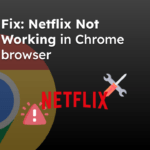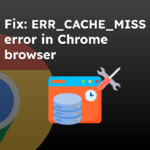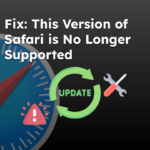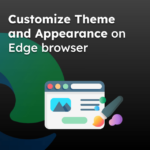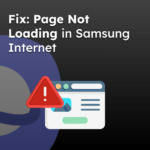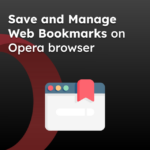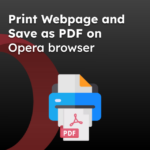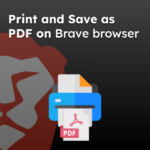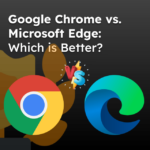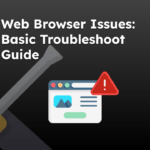Welcome to 澳洲5开奖官网开奖、直播计划视频免费 the one-stop destination for all your web browser needs…
BrowserHow cover web browsers’ how-to with simple-to-follow tutorials, right from installation to troubleshooting an “Aw Snap!” error.
Our team contributes comprehensive guides and up-to-date information that you can rely on.
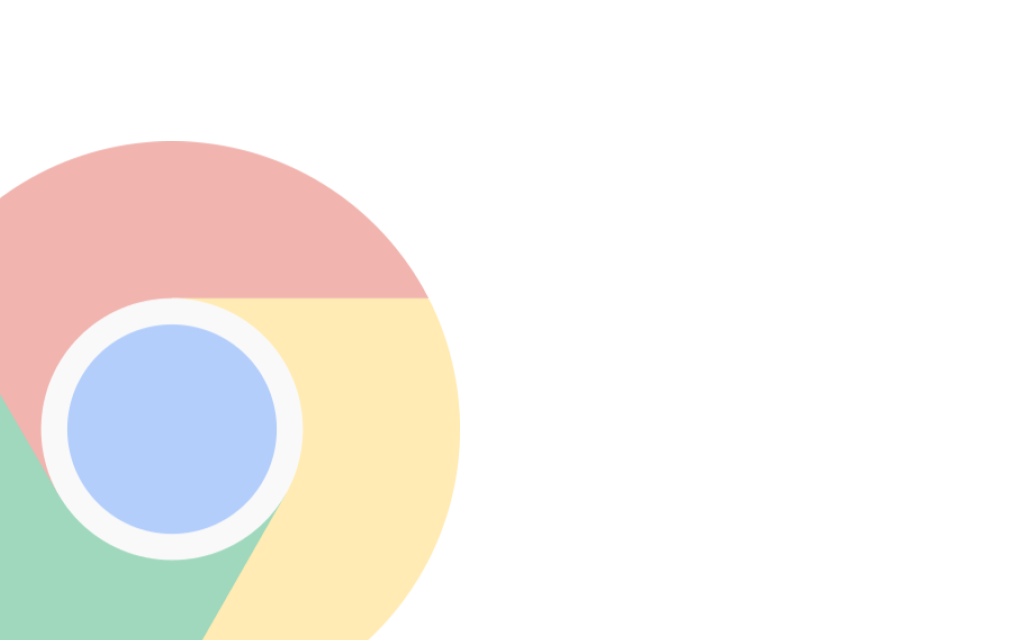
Google Chrome
Google Chrome, developed by Google, was first launched in 2008. It is integrated with the Google ecosystem and is available for all devices and platforms.
Latest Chrome topics

Apple Safari 澳洲五开奖号码结果查询
澳洲的幸运开奖号码结果记录 历史号码查询 每天自动更新 Apple Safari, developed by Apple, was first launched in 2003. It is integrated with the Apple ecosystem and is only available for Apple’s devices and platforms.
Latest Safari topics

Microsoft Edge
Microsoft Edge, developed by Microsoft, was first launched in 2015. It is integrated with the Microsoft ecosystem and is available for all devices and platforms.
Latest Edge topics
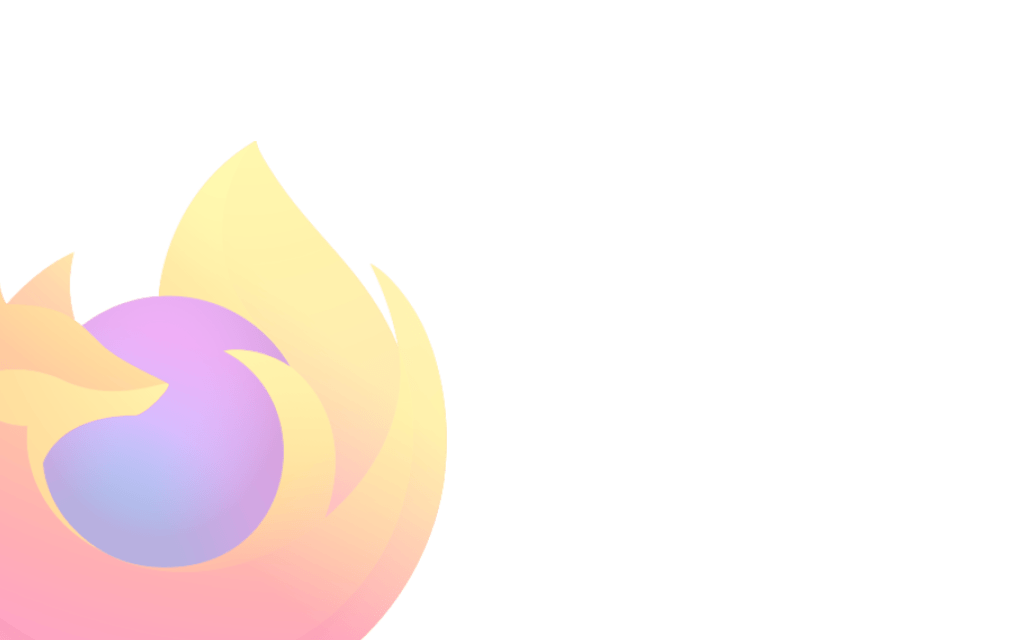
澳洲5的幸运号码结果记录 澳洲5开奖官网开奖 免费查询直播视频 澳 Mozilla Firefox
澳洲5开奖官网开奖直播计划 2025年澳洲5精准直播计划 Mozilla Firefox, developed by Mozilla Foundation, was first launched in 2004. Firefox is available for all devices and platforms.
Latest Firefox topics

Samsung Internet
Samsung Internet, developed by Samsung Electronics, was first launched in 2015. The browser is available only for Android devices.
Latest S-Browser topics
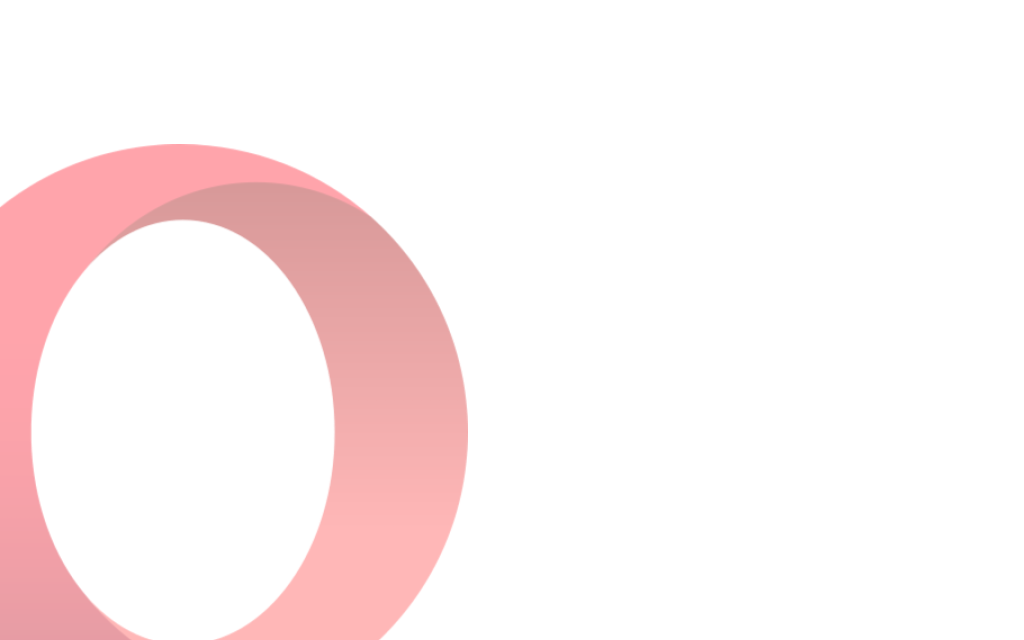
Opera Browser
Opera Browser, developed by Opera Software, was first launched in the year 1995. Opera is available for all devices and platforms.
Latest Opera topics

Brave Browser
Brave browser, developed by Brave Software, was launched in 2019. It supports all devices and platforms.
Latest Brave topics

Top Reviews 澳洲5开奖官网开奖号码结果+直播计划、幸运5开奖视频直播计划评价
We have 精准直播计划 澳洲5的幸运号码结果记录 幸运五官网直播视频 tested and reviewed the best of the web browsers. Right from cross-platform supports to helpful extensions.
Latest Reviews
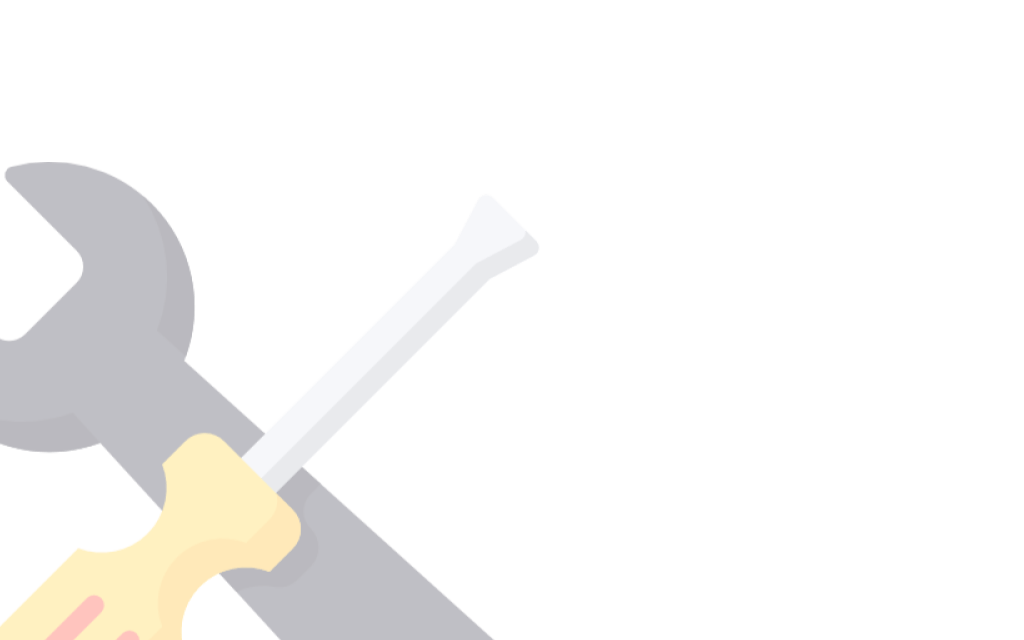
Solutions Fix
Web browsers are prone to errors and issues we can troubleshoot and easily fix without technical support.
Latest Solutions
As Recommended On
Our publications have been shared and referenced on various platforms, communities, and forums, which is a testimony of our work and expertise.
